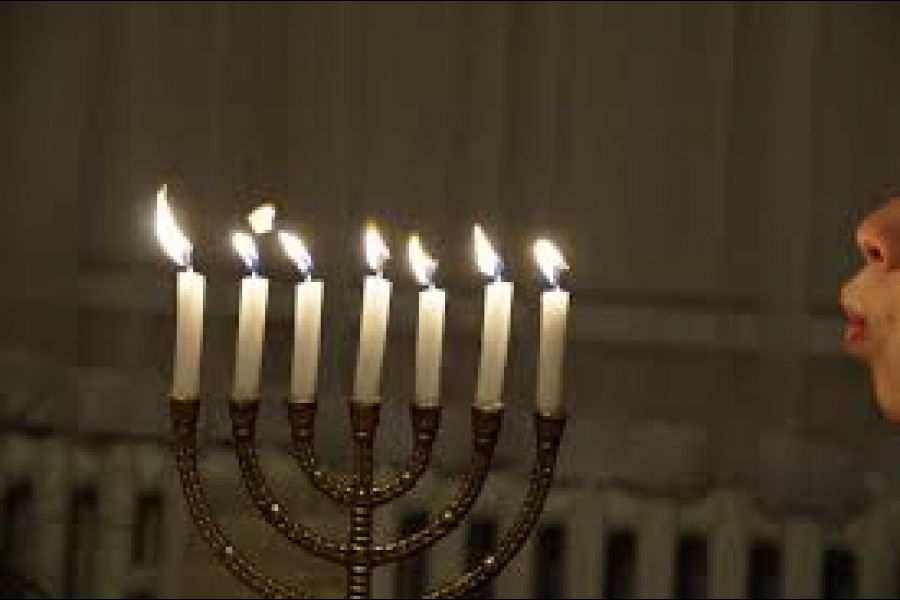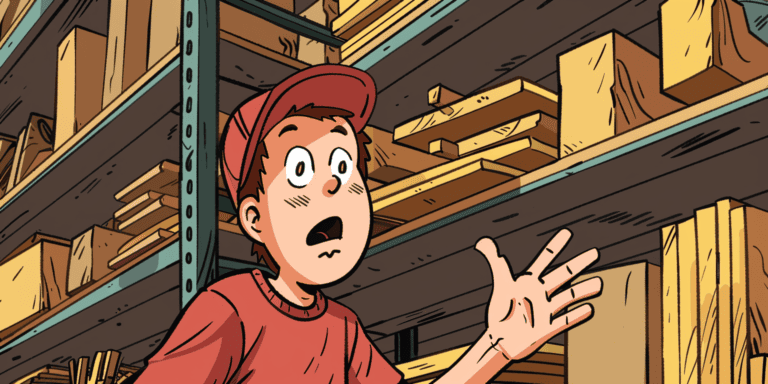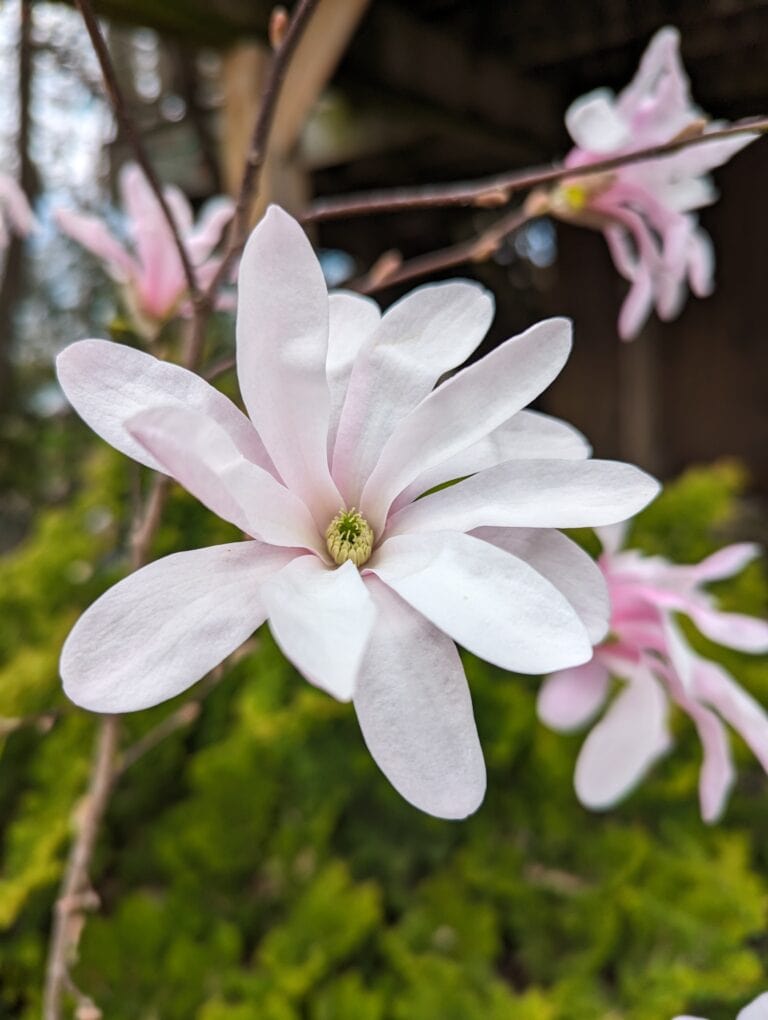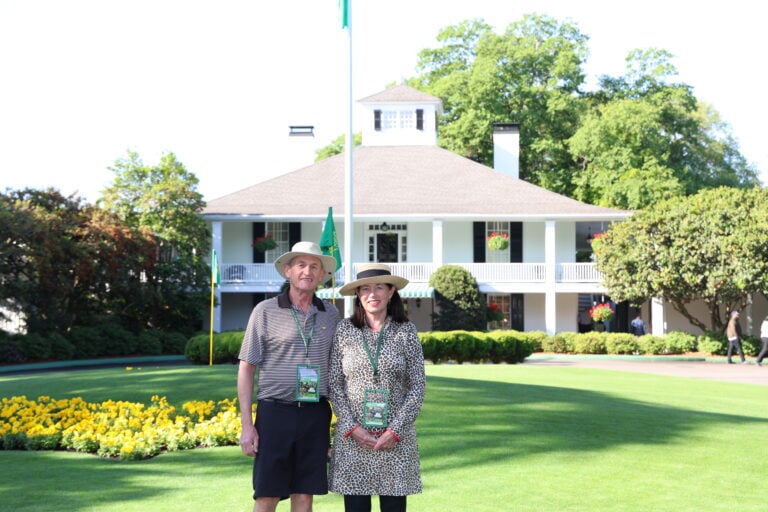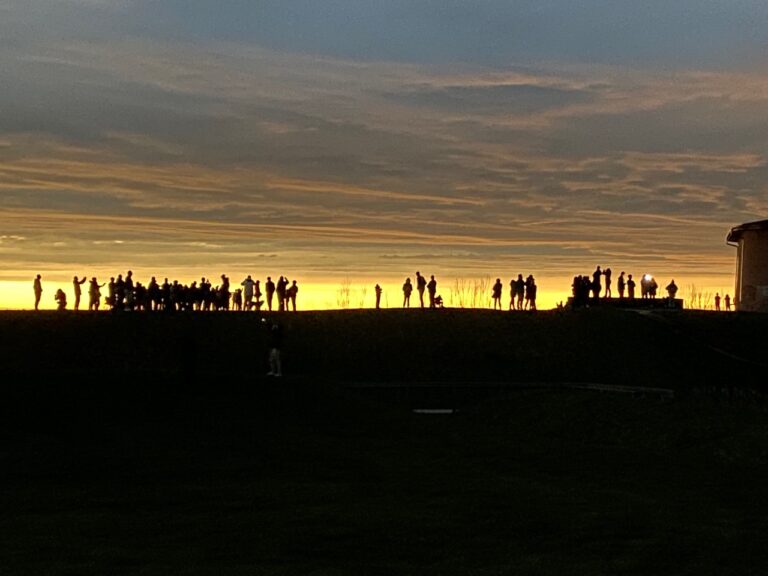Hermine Steinberg
Writers’ Circle
It was a cold and dark winter’s evening in December but my home was filled with the delicious aroma of potato pancakes and the lively chatter of friends coming together to celebrate the season.
A few years ago, my husband and I, together with our good friends, the Claviers, decided to organize a latke party. We wanted to share our holiday tradition with friends in the community. What started off as a simple idea evolved into a cherished annual event.
Although Hanukkah originally was considered a minor holiday, it frankly has grown in popularity as a cultural counterweight to Christmas. It celebrates a miracle that occurred about 2,200 years ago when a Damascus tyrant tried to force the Jewish people to worship Greek gods.
Jewish rebels fought for their freedom for three years, won, and reclaimed the holy temple in Jerusalem. They wanted to rededicate the temple and needed oil to light the menorah, but had only enough to keep the flames burning for one night. The oil lasted for eight days, enough time to produce more of the precious oil needed to keep the eternal flame lit.
Hanukkah is about the powerless being victorious over the powerful and, against all odds, maintaining religious freedom. Unfortunately, an ongoing theme in Jewish history has been resistance against oppression and prejudice, so remaining resilient, proactive, and hopeful is not only a cause for celebration but a cultural imperative.
However, the part of the story that always intrigued me the most is that in my mind the miracle wasn’t really that the oil lasted an additional seven days, but rather that our ancestors lit the first wick at all.
They knew they didn’t have enough oil but forged ahead anyway. The miracle was that they took the chance, a leap of faith. It teaches us that courage and determination, overcoming our fears in the darkest of times, is what manifests miracles and magic.
It is no coincidence that this Celebration of Light falls around the winter solstice, when many cultures around the world celebrate the “turning of the sun’’ or the end of the long dark days with feasts, festivals, and holidays. It is a symbolic reminder to search for light in dark times.
That night at my home we all gathered together to light the Hanukkah candles, inviting individuals to share their wishes for the season,
Afterward, I walked around observing friends sharing stories, toasting each other, and sampling each other’s latke. It was a brilliant convergence of histories and traditions, all of us celebrating the possibility of the rebirth of light into our lives.
In that moment, I secretly hoped that perhaps we could create a new tradition that brings together people of all faiths, backgrounds, creeds, races and genders to bring greater enlightenment into our world and keep the eternal flame burning.



